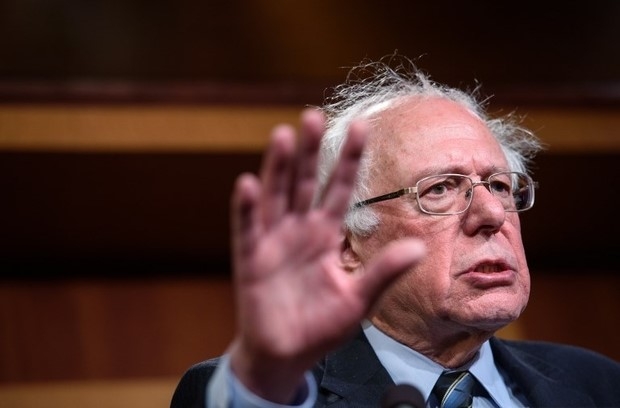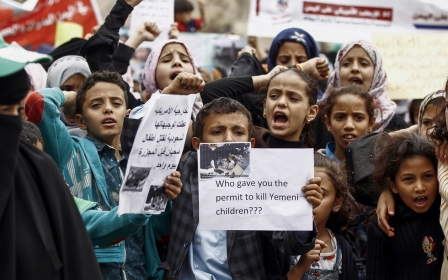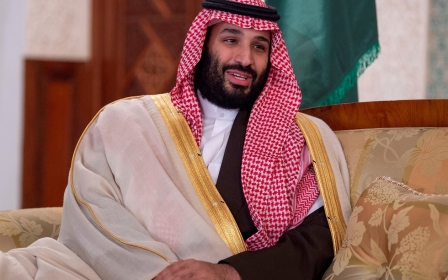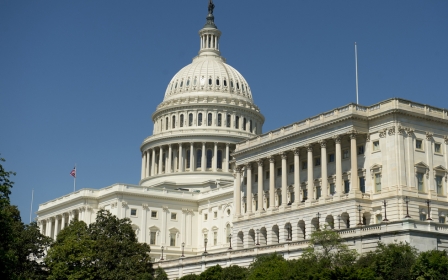Saudi Arabia slams US Senate votes on Yemen and MBS as 'interference'
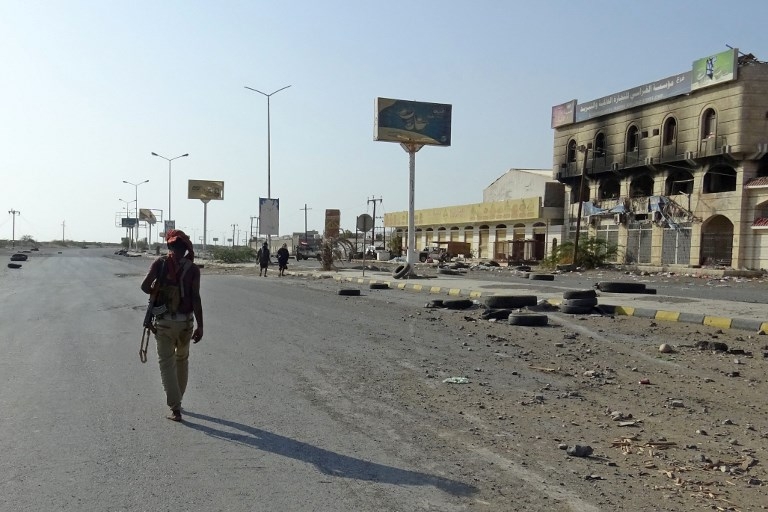
Saudi Arabia on Sunday rejected as "interference" a US Senate resolution to end US military support for a Riyadh-led war in Yemen, and another holding its crown prince responsible for the murder of journalist and critic Jamal Khashoggi.
"The kingdom condemns the latest position of the US Senate that was built on untrue allegations and affirms a total rejection of any interference in its internal affairs," the foreign ministry said in a statement posted on the official Saudi Press Agency, AFP reported.
Last week, in a symbolic rebuke of Saudi Arabia's powerful crown prince, the US Senate unanimously adopted a resolution to hold Mohammed bin Salman (MBS) accountable for the murder of Khashoggi.
Proposed by US Senate Foreign Relations chairman Bob Corker, the motion said the US Senate "believes Crown Prince Mohammed bin Salman is responsible for the murder of Jamal Khashoggi".
Republican Majority Leader Mitch McConnell, the top lawmaker in the Senate, said the motion sent a "clear and unambiguous message" of the senators' beliefs about who is responsible for the killing of the Saudi insider turned critic.
The Senate also voted to halt Washington's assistance to the Saudi-led coalition in Yemen, delivering a blow to President Donald Trump, who has made the partnership with Riyadh a focal point of his foreign policy.
It marked the first time that the US Congress has invoked the War Powers Act of 1973, which gives it the power to withdraw US involvement from wars it has not authorised. It passed by a 56-41 margin.
“We have brought Republicans and Democrats together in a very historical moment,” Senator Bernie Sanders, one of the resolution's co-sponsors, said on Thursday after the vote.
The Saudi-led intervention in Yemen "has resulted in the worst humanitarian crisis on earth," Sanders said.
"And that crisis is about 85,000 children starving to death, 10,000 new cases of cholera every single week, and the United Nations telling us that Yemen is on the verge of imminent famine with the possibility of millions of people dying, all because of Saudi activities in that civil war."
The Yemen votes come amid growing anger in Washington at the assassination of Khashoggi, who was killed by Saudi government agents at the country's consulate in Istanbul in early October.
They was also a sharp rebuke of Trump, who has vowed to remain a staunch supporter of Saudi Arabia and the country's de facto ruler, the crown prince, despite Khashoggi's murder and amid growing international outrage over the situation in Yemen.
Still, there are formidable hurdles ahead. The War Powers bill on Yemen must also get through a House vote, then it would go to the White House for signing.
Trump has already vowed to veto the bill, meaning it would then go back to the Senate, where only a two-thirds vote can override a presidential veto.
New MEE newsletter: Jerusalem Dispatch
Sign up to get the latest insights and analysis on Israel-Palestine, alongside Turkey Unpacked and other MEE newsletters
Middle East Eye delivers independent and unrivalled coverage and analysis of the Middle East, North Africa and beyond. To learn more about republishing this content and the associated fees, please fill out this form. More about MEE can be found here.


